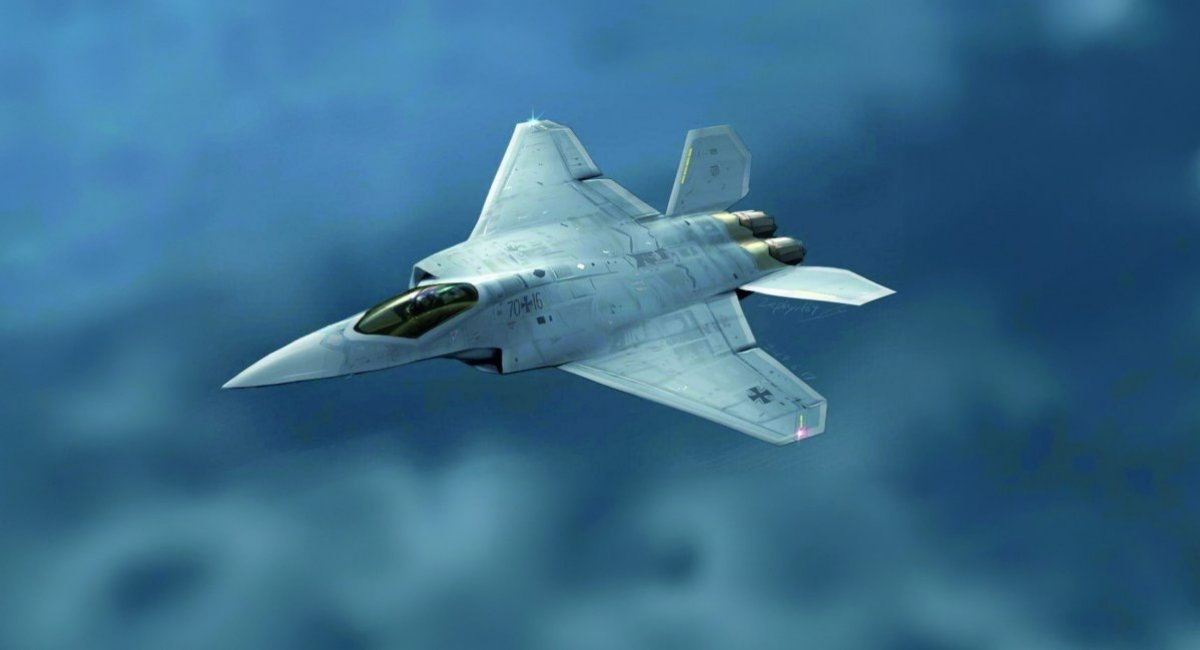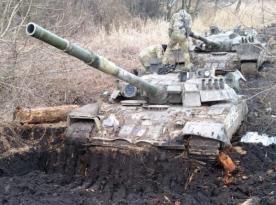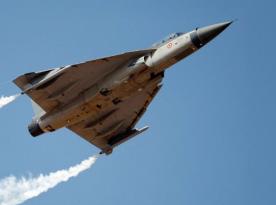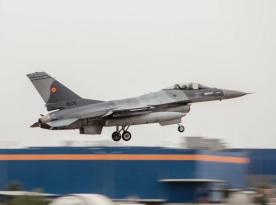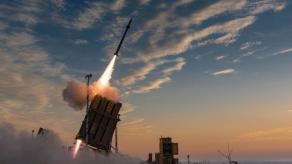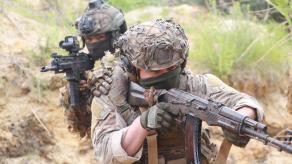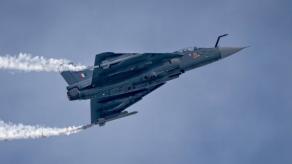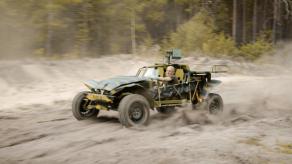All signs suggest that the Future Combat Air System (FCAS) project — a sixth-generation fighter jet jointly developed by France, Germany, and Spain — is beginning to repeat the trajectory of a previous multinational fighter effort from which France ultimately withdrew.
This is the impression left by recent remarks from French Defense Minister Sébastien Lecornu during a parliamentary session, quoted by Opex360. Lecornu acknowledged that the FCAS program faces several delicate issues and called for a "frank discussion" concerning a number of French-specific requirements.
Read more: French Dassault Hints at Quitting FCAS Fighter Program Unwilling to Compromise With Germany and Spain
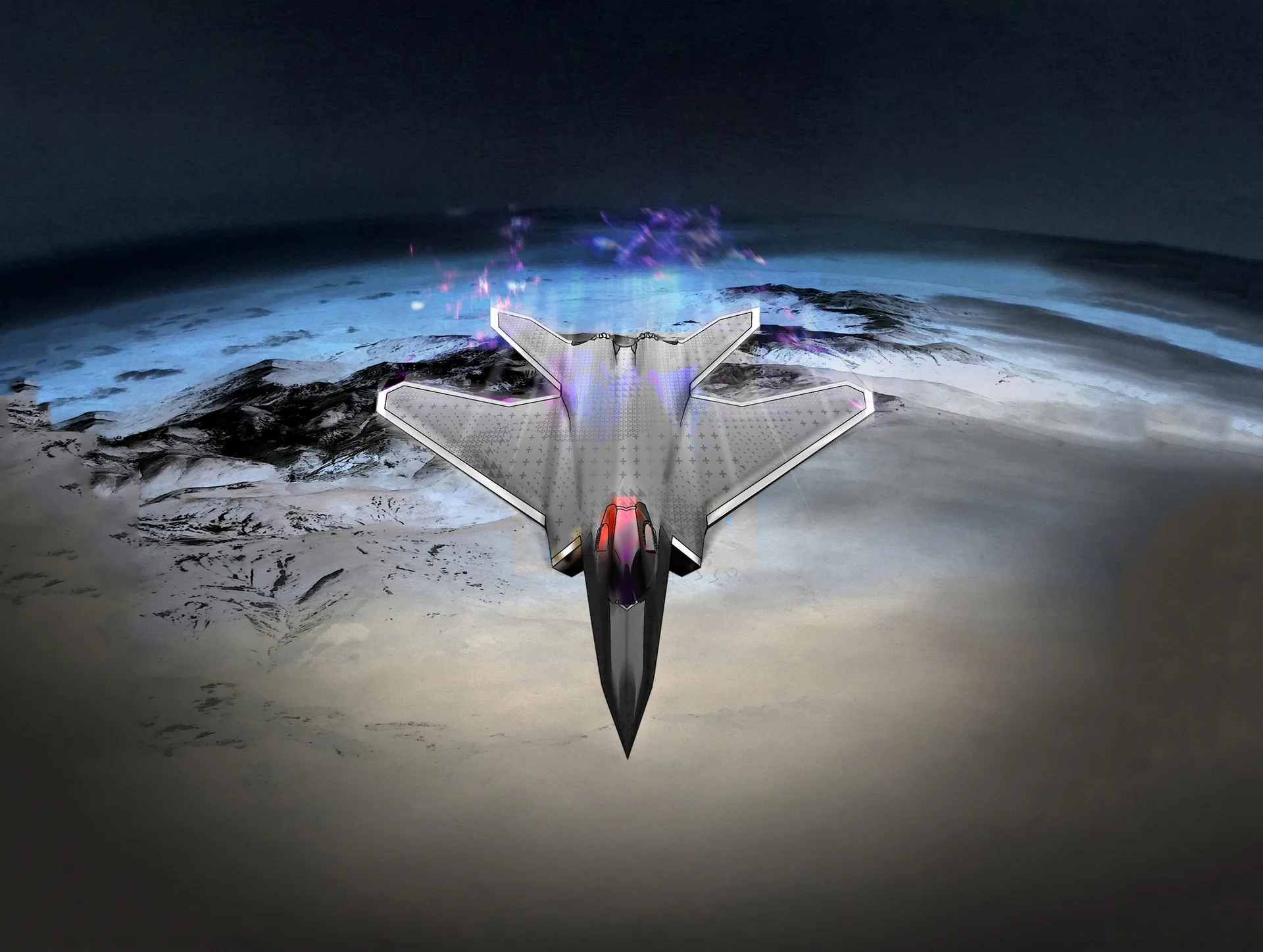
The first major point of contention is France's insistence that the FCAS must be capable of carrying its nuclear arsenal. France also wants the aircraft to have a carrier-capable variant, which imposes strict constraints on design parameters such as size, weight, and structural strength.
Lastly, Lecornu said they need to have "a frank discussion on the operation and governance of the program," noting it has proven "very complicated to make a fighter jet for three countries."
On a note from Defense Express, these three issues now sound like three nails in the coffin of the FCAS initiative, and it's France that holds the hammer.
Notably, this is far from the first signal of discontent from the French side. Just two months earlier, Dassault Aviation CEO Éric Trappier appeared before parliament and openly questioned the wisdom of remaining in the FCAS program. He argued that France is capable of developing such an aircraft independently, implying that Germany and Spain may not be up to the task.
The first nail is the nuclear role. Incorporating France's nuclear weapons into the FCAS will require consultation with Germany and Spain — an awkward fit with France's traditional insistence on strategic autonomy. If Germany were to demand that the FCAS also carry American nuclear bombs, the complications would multiply further, as U.S. access to internal aircraft systems would become a sensitive issue.
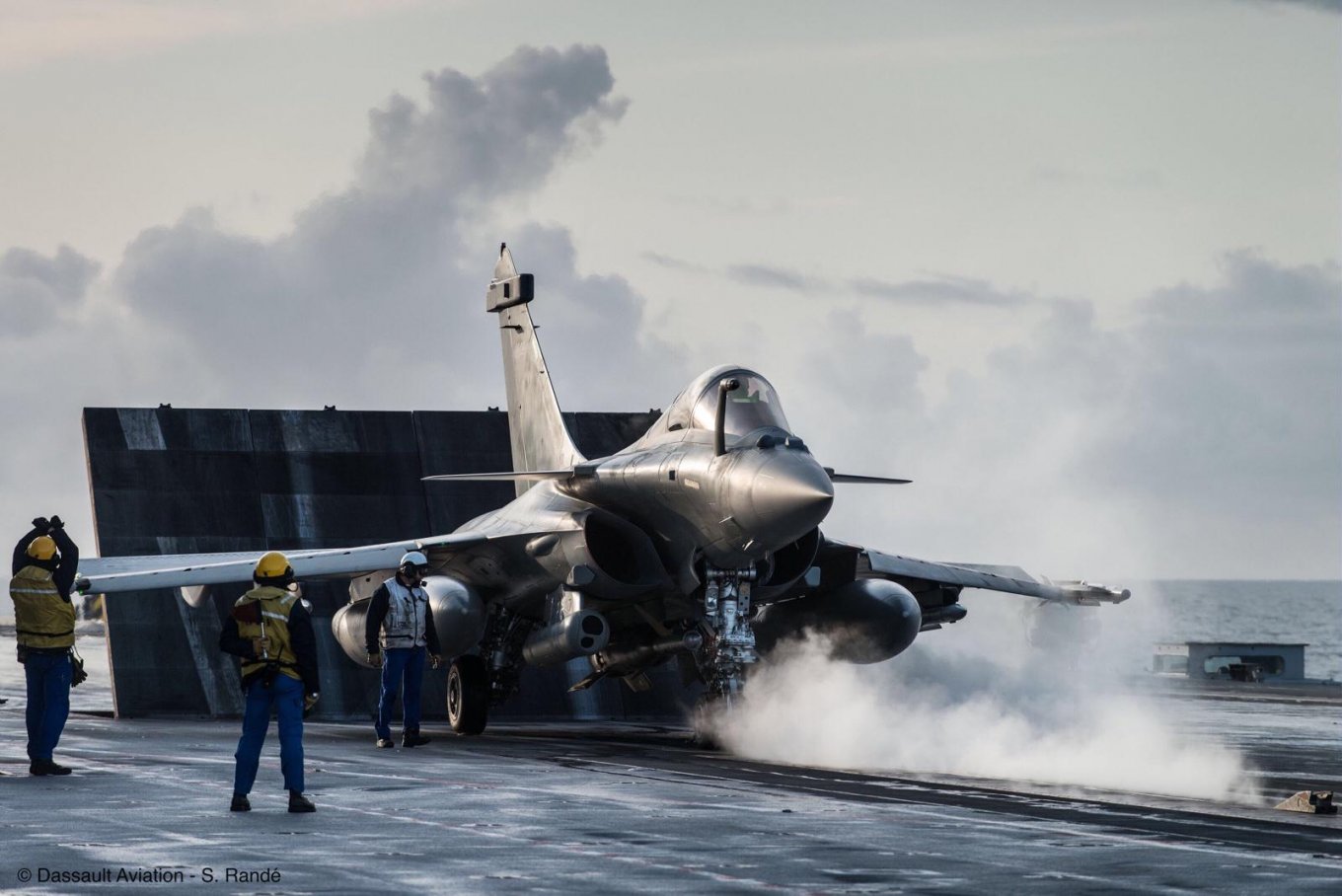
The second nail is the requirement for a carrier-based version. While crucial for France, which operates a full-sized aircraft carrier, neither Germany nor Spain has a clear need for such a variant. Spain's Juan Carlos I can operate STOVL aircraft like the Harrier or F-35B, and Germany lacks any aircraft carrier altogether.
It was this same issue, namely a carrier-capable design, that led France to exit the Eurofighter program in 1985, just two years after founding the consortium with partners — Germany, UK, Italy, and Spain. Instead, France separated and subsequently developed the Rafale independently through Dassault Aviation.
The third nail is dissatisfaction with the program's governance. Although Dassault is the general contractor, the structure of the project places it on equal footing with Airbus Defence and Space (Germany) and Indra Sistemas (Spain). France, despite its leading role, has no greater voting power, and this arrangement is frustrating both industry leadership and the French Ministry of Defense.
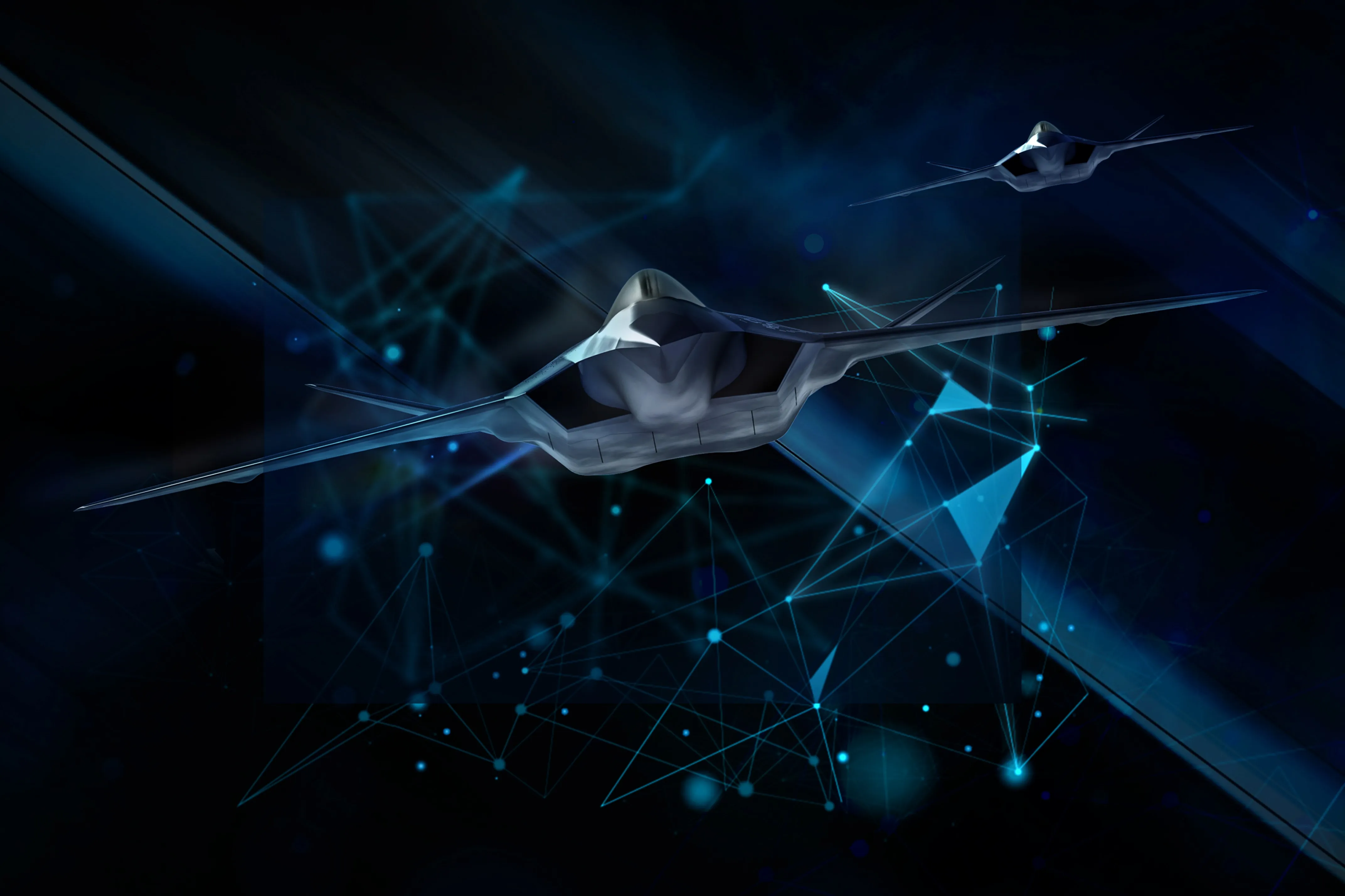
Lastly, there is another consideration very important for Paris: the export potential of the FCAS. Dassault currently enjoys strong international demand for the Rafale and is counting on a similar success with FCAS.
Under the 2019 Aachen Treaty, Germany cannot veto French arms exports if the German contribution is under 20%. But the FCAS will reportedly include at least 33% German content. Furthermore, examples are aplenty where Berlin was trying to obstruct weapons exports — most notably with its recent objections to Eurofighter Typhoon sales in April 2025.
Read more: Why Israel’s Strike on iran’s Air Defenses is More Significant Than Hitting Nuclear Sites




